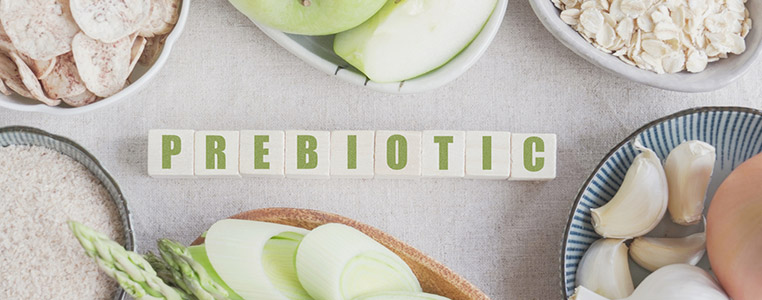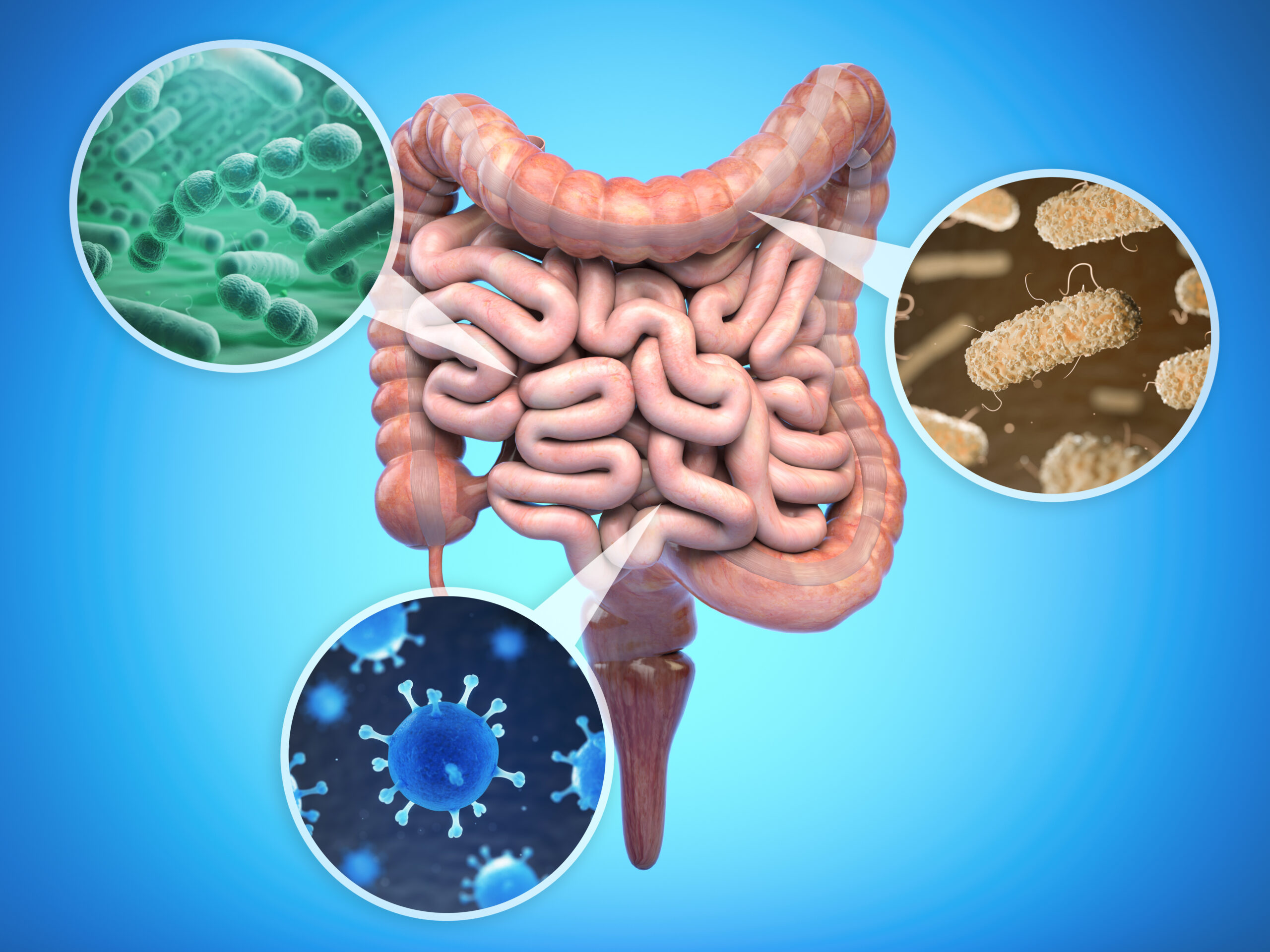
Probiotics and Fiber – Can You Take Them Together?
When taking any supplement, most people check to see if any other product or element of their diet could negatively impact their new usage of supplements. For example, it is recommended to avoid calcium and polyphenols when taking an iron supplement as it can inhibit the absorption of heme and non heme iron. Another example that many people know about is the interaction of grapefruit juices on many active ingredients (based on their effect on Cytochrome P-450 family of enzymes).
Fiber and Probiotics: The Powerful Duo
Buying a probiotic supplement is no different than the considerations above. After buying a well-researched probiotic product, it is very important to think about what can help or hinder the benefits of those probiotics. Fortunately, fiber is an amazing addition to your probiotic regimen. Here we will explain why you should consume fiber with your probiotic supplements.
What Are Probiotics?
Probiotics are live bacteria that when administered to the host promote overall health. These are not just any bacteria, but strains of bacteria that are commonly found in your gut microbiome. Your gut has both good and bad bacteria. The goal is to stimulate the host, nourish, and stimulate the growth of the good bacteria. At the same time, one also wants to avoid the bad bacteria, which can cause pathogenic illnesses.
Probiotics can be found in a wide variety of fermented foods such as yogurt, kimchi, natto, and many more. There are a variety of supplements which encompass specific probiotic strains to support gastrointestinal health, heart health, and immune health. A particularly exciting recent trend is consuming probiotics to promote the overall health along the gut-brain axis (as seen in the Floradapt DR7 strain).
What Is Fiber?
Even though mankind has been eating fiber for over ten thousand years, the term “dietary fiber” was coined in 1953[1]. Today, dietary fiber is known as the macronutrient that consists of nondigestible carbohydrates and lignin that are intrinsic and intact in plants. In the simplest of terms, fibers are the parts of fruits and vegetables that cannot be digested by the human body.
Examples of commercial fibers include Benefiber, Metamucil, Citrucel. In general, fibers offer vital benefits including facilitation of food through the GI tract and many other functions including supporting healthy lipid levels in the blood.
There are primarily two broad categories of fibers and they are soluble and insoluble fibers. Neither form is digested by our enzymes, so they both wind up in the colon unchanged. But the soluble fiber (named after its ability to solubilize with water) can be fermented by beneficial bacteria.
When a soluble fiber has the ability to serve as a fuel source for probiotic, then it fits the definition of a prebiotic. Some well-known prebiotic fibers are Fructooligosaccharides (FOS) and Galactooligosaccharides (GOS). These prebiotic substrates are present in 36,000 plants and include onion, garlic, artichokes, chicory (loaded with prebiotic), leek, banana, asparagus, and wheat.
Can I Take Probiotics with Fiber Supplements?
People know of the connection between the fiber and GI tract. They typically think of fibers as a bulking agent. But there’s the energy side that is often overlooked. The prebiotic fibers serve as a source of fuel for the beneficial bacteria.
Why is that critical? The intestines are possibly one of the metabolically active organs in the body! When you think of other metabolically active organs, for example the brain and heart, it is important to think of the gut with the same level of importance.
If you’ve been wondering, “Should I take fiber and probiotics together?” the answer is frequently yes. Many of the fibers from an unrefined diet will be ideal for the growth environment for your probiotics. To provide the ideal environment for growth of the beneficial bacteria, including Floradapt probiotics, remember to include some soluble prebiotic fibers into your diet.
Foradapt Is a Trusted Provider of Probiotic Supplements
Now that you’ve established the difference between probiotics vs. fiber, it’s time to find the right probiotic supplement for your diet. Floradapt offers probiotics for immune support, probiotics for heart health, probiotics for gut comfort, and even baby probiotic liquid drops.
Shop our shelf-stable variety of probiotics today!
[1] Nutrients 2013, 5, 1417-1435; doi:10.3390/nu5041417


